Round the globe: plays that invoked social change
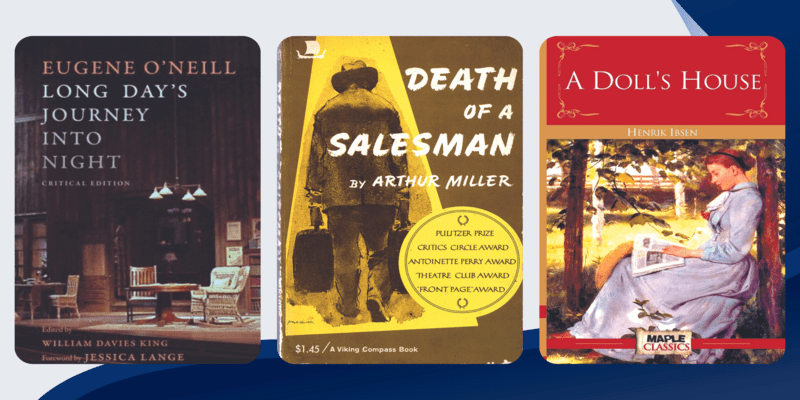
Whenever the world has demanded a change, revolutions, protests, and governments have taken over. It is arduous to think of bringing social change through a piece of writing or through a performance. But human beings have relied on stories for values since the Iliad and Odyssey.
As rightly pointed out by Leonard and Kilkelly, “Sometimes the plays speak what everybody knows; sometimes they speak what nobody says. Sometimes they open paths or unveil truths; sometimes they challenge the way things are done or understood”. Theatre, for social change, can solve multiple problems in society. Playwrights and theatre companies have relied on the power of performance to lead the world of social change.
Theatre has rightly worked as an antidote to numerous social prejudices. Theatre takes place in small rooms and affects limited numbers of people. In an era of movie downloads, stadium gigs, and global coverage, theatre still serves as a medium of change. Here are some plays that paved the way for a dynamic shift in the mindset of people towards life. They not only served as appropriate examples of social change but also attracted an immense amount of audience.

A Doll’s House by Henrik Ibsen:
A revolutionary 1879 play by Norwegian playwright Henrik Ibsen, ‘A Doll’s House’ was phenomenal in its time. The play captures the story of Nora, a housewife living her life perfectly and just about to celebrate Christmas with her family. As events of the play unfold, she comes to realise that life is not as rosy as she imagined it to be. She comes to be of the thought that self-fulfilment opportunities have been lesser in this male-dominated world. Even as Ibsen denies having the intent to write a feminist play, it is said that when Nora closes the door on her husband at the end of the play, the door bang is heard in all of Europe. It was a great sensation at the time and caused a “storm of outraged controversy” that went beyond the theatre to the world of newspapers and society.
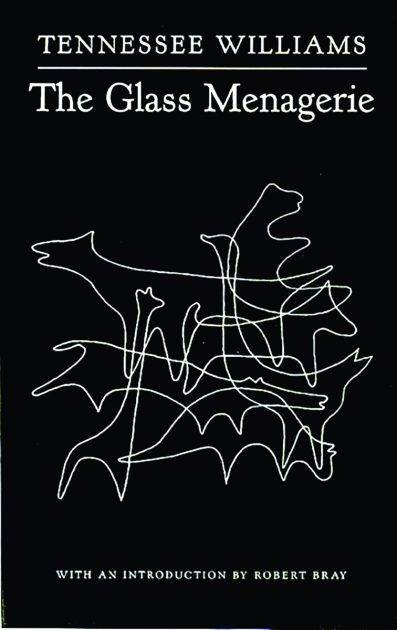
The Glass Menagerie by Tennessee Williams:
Tennessee Williams released “The Glass Menagerie,” a memory play, in 1944. This play brought the rise of Tennesse to fame. The play has strong autobiographical elements, featuring characters based on its author, his histrionic mother, and his mentally fragile sister. Tom, the narrator and protagonist, introduces it to the stage. It’s a memory play based on his recalling of his mother Amanda and his sister Laura. The play served as an example of the setting of memory plays. The Glass Menagerie played a huge role in changing the course of modern American drama. It placed the recollection of memories, an altogether different play genre, in place.
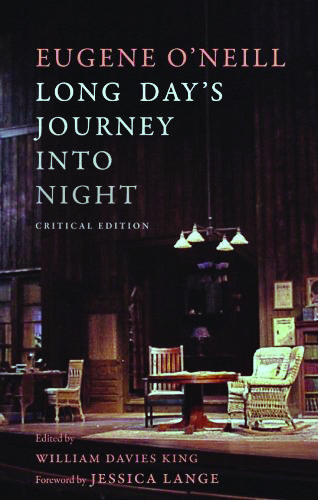
Long Day’s Journey into Night by Eugene O’Neill:
American playwright Eugene O’Neill wrote the absurdist play ‘Long Day’s Journey into Night’ in four acts, which was first published in 1956. It is predominantly known as his magnum opus, and it is considered one of the most effective American plays written in the 20th century. The plot of the play comprises a single day in August 1912. The setting is on the Connecticut seashore home of the Tyrones, Monte Cri sto Cottage. The four characters are semi-autobiographical projections of O’Neill himself, his older brother, as well as their parents. Eugene O’Neill offers the audience his unbeatable surrealist capabilities in this marvel play.
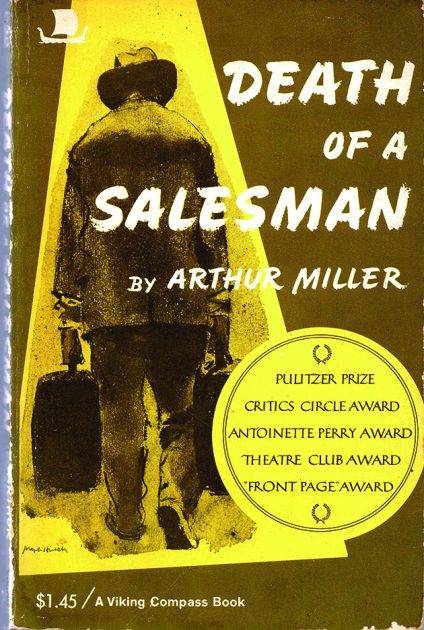
Death of a Salesman by Arthur Miller:
Who does not wish for the representation of their lives on stage? Though, the theatre was always not so. Since the advent of the art form, the theatre has been about kings and the political motives of people to gain power. The common human being found it extremely difficult to be the subject of the stage. Yet, playwrights like Arthur Miller made it a point to include the person living their lives ‘normally’, to be presented on stage. Death of a Salesman presents a world where a man who is a nobody dies from a car accident. And, that serves as a critique of the capitalist American society. Death of a Salesman is a 1949 play that premiered on Broadway in February 1949, running for more than 742 performances. It won the 1949 Pulitzer Prize for Drama and Tony Award for Best Play. Some critics consider it to be one of the greatest plays of the 20th century.
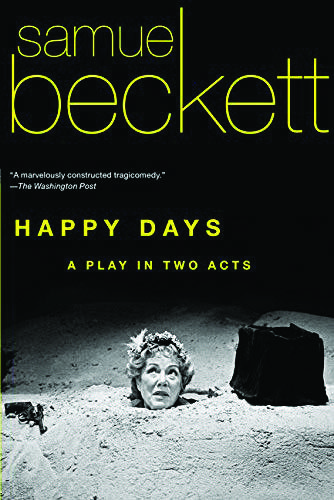
Happy Days by Samuel Beckett:
A recollection of plays is incomplete without a mention of the master of absurdist plays, Samuel Beckett. Beckett, along with his magnum opus Waiting for Godot, released several other plays. These plays commented on the mutual misery shared by humankind during post the two world wars. Since the wars, existentialism and distortion have filled up the world. Beckett’s plays pave the way for the presence of such distortion. Happy Days is an absurdist play that talks of a woman burning herself. The play is cynical to the point that the woman preparing her own grave keeps repeating that the days that she is living are in fact, happy. The play is a grave critique of war and the fixation of human beings with capitalism.






